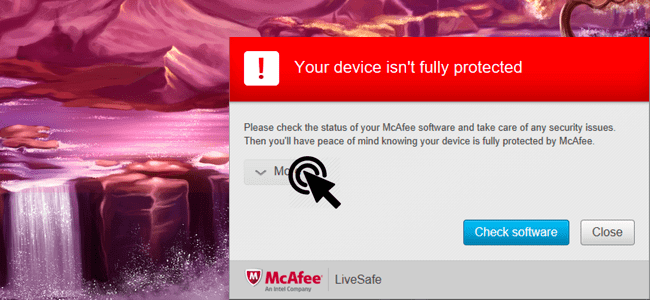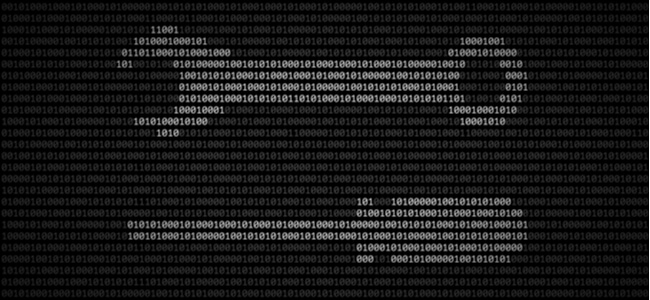The Porn Blackmail Cyber Threat And How It Works

Thousands of internet users around the world have fallen prey to cybercriminals claiming to have evidence that they have viewed pornography online. They typically send emails threatening to leak the evidence and ask for ransom, usually in bitcoin.
Also known as ‘sextortion’, this scam is becoming increasingly common. Learn more about the nature of this threat and how to keep safe.
What Is The Nature Of This Threat?
Cybercriminals who send porn blackmail emails claim to have infected your system by placing malware on porn sites you have visited. They claim to have all your email contacts, instant messengers, social network accounts, and even phone contacts. This way, they claim to have access to your entire system. Some cybercriminals also state that they have hijacked the webcam connected to your system.
Under this present, the scammers send threatening emails or spam links to your email address. They also threaten to send particular personal videos, porn browsing history, or any other similar details to your colleagues and friends. The threat actor then goes on to state the bitcoin address that the user is expected to pay in exchange for erasing the compromised data.
What You Need To Know
Such messages can sound threatening, particularly if the scammers are able to provide basic information about you and prove that they have hacked your system. As a result, this scheme is very lucrative for hackers. Here are some things you need to know in order to stay safe from this scam.
They Most Likely Have No Proof
Cybercriminals might get a hold of one of your databases or account passwords related to particular random sites that are leaked from various services online. However, knowing what websites you have browsed is a very different story.
More often than not, communicating about your visits to any porn site is merely a blindfolded shot. The email sent to you is also sent to millions of other email accounts along with the password of the addressee or other details. Such details are inevitably merged with messages taken from any random database.
Be Careful Of "Helpful" Services
Another related popular scam is an offer to help you obtain the evidence that the scammers have. The message sent will most likely contain a link. In most cases, you will be asked to click on the link to get help for this problem.
Such links could prompt you to download a ZIP folder, which when unpacked would directly install a virus that would infect your system. Do not worry, cybercriminals would still be unable to hack your system or film you while you are on porn sites. Through this, they would only encrypt your data files through GandCrab malware and ask for additional ransom for recovering your encrypted data.
So, make sure you do not open emails offering unsolicited ‘helpful’ services, or click on any links in these emails.
There Is A Lot You Can Do To Stay Safe
Upon receiving such emails, here are some of the things you should not do:
- Do not panic
- Do not pay anyone
- Do not respond to such emails, as by responding your address will be validated and therefore invite more scam emails
- Avoid clicking on links in emails from addresses that you do not know
Instead, do the following:
- Take note of the password mentioned in the email and replace it with a stronger one at that very moment
- Go for a variable password manager to make the password strong and difficult to memorize
- Select and install a reliable antivirus to keep such malware and viruses away from your system, including webcam hacking, for peace of mind
What To Do If You Get Attacked
- Delete and ignore such emails: Upon receiving such emails, do not start the process of making any payment in order to avoid your information getting leaked to your friends or contacts. This information almost certainly does not exist. Simply ignore such emails and delete them
- Scan your system for any ransomware or malware: With the help of reliable antivirus software, protect your system from malicious emails, ransomware, or malware. Install reputable antiviruses like McAfee, Norton, Intego, 360 Total Security, PC Protect, Total AV, MacKeeper, and others
- Keep your passwords updated: Keep updating or changing your password at regular intervals, particularly if the email states that a certain account has been hacked. This will keep your account safe and secure. You may also want to install a Password Manager for extra protection.
Bottom Line
Unfortunately, scammers are likely to send ransomware emails as frequently as they can in the hope of earning something from it. But you should know they are most likely fake and not going to harm you or your information.
People who fall prey typically do so out of fear, and not from a concrete threat. It is important that you stay alert and avoid being the victim of such scams by noting all precautionary measures.




